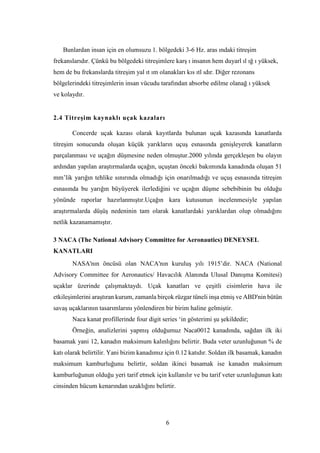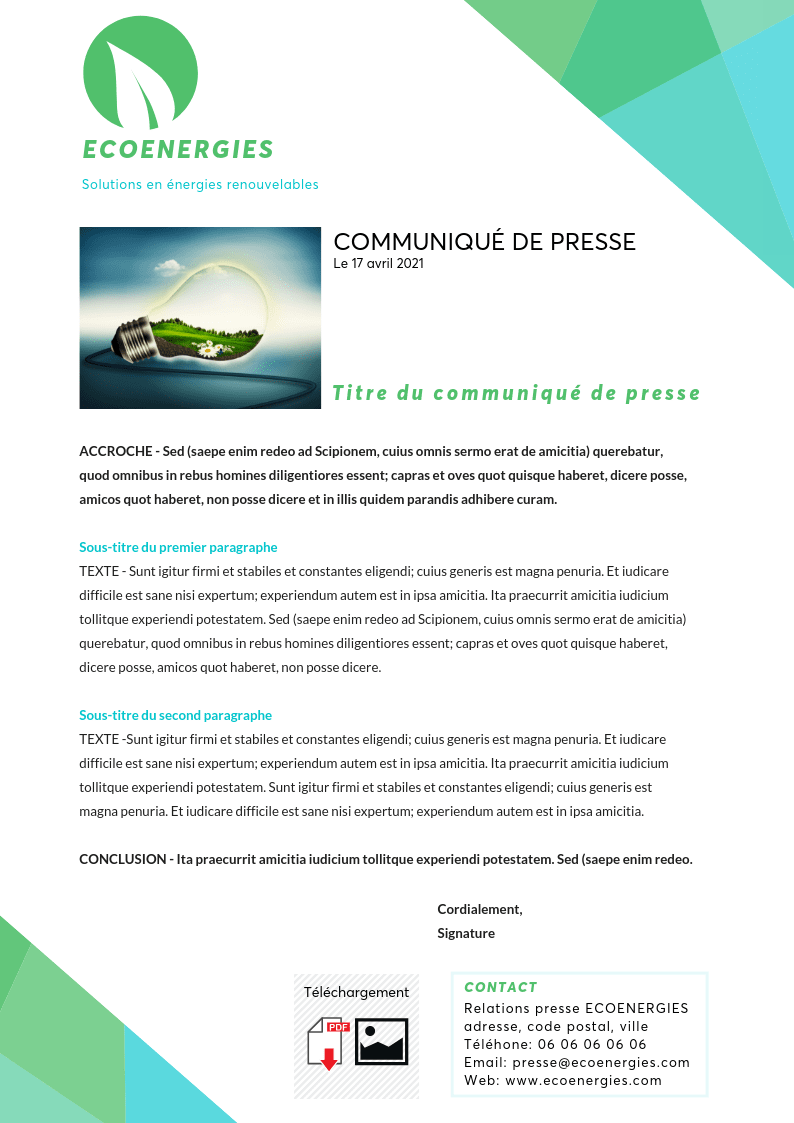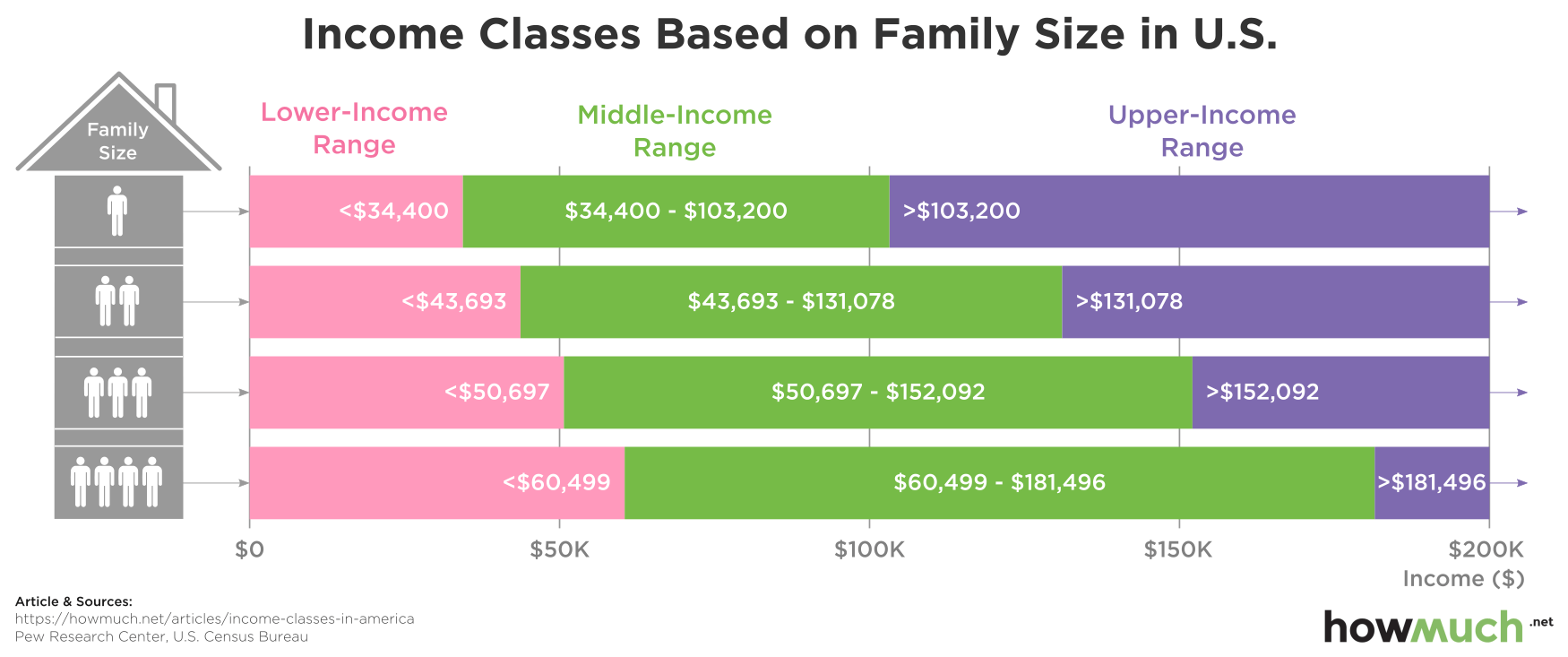Understanding CNIL Requirements For Mobile Application Privacy

Table of Contents
Data Minimization and Purpose Limitation
This section emphasizes the importance of collecting only necessary data and clearly specifying its purpose. Adhering to the principles of data minimization and purpose limitation is fundamental for CNIL mobile app privacy compliance.
Defining Data Collection Purposes
Clearly articulate why you need each piece of data. Avoid vague justifications. Each data point collected must have a specific and legitimate purpose.
- Examples: User login, personalized recommendations, analytics, push notifications for relevant updates.
- Best Practices: Document your data collection purposes meticulously in your privacy policy. Use plain language, avoid jargon, and provide clear, concise explanations to users. Regularly review and update this documentation.
Limiting Data Collection
Only collect the minimum amount of data required to achieve the stated purpose. Avoid collecting data that is not directly relevant to the app's functionality. Over-collection is a major breach of CNIL mobile app privacy guidelines.
- Examples: Avoid collecting unnecessary personal information like precise location data if not crucial for your app's core function. Don't collect contact details if they aren't directly needed for the user experience.
- Best Practices: Conduct regular audits of your data collection practices. Ask yourself: Is this data truly necessary? Could we achieve the same functionality with less information?
Transparency and Consent
This section outlines the importance of informing users about data collection practices and obtaining their explicit consent. Transparency and informed consent are cornerstones of responsible CNIL mobile app privacy management.
Clear and Concise Privacy Policy
Your privacy policy must be easily accessible, understandable, and written in clear language. It should detail all data collection practices, data processing activities, and data retention policies.
- Best Practices: Use plain language, avoid technical jargon, and provide examples. Make your privacy policy easily findable within the app, with a direct link readily available. Translate it into relevant languages if your app has an international user base.
Obtaining Explicit Consent
Users must actively consent to data collection. Pre-selected options or implied consent are insufficient under CNIL regulations. Explicit consent for CNIL mobile app privacy is non-negotiable.
- Examples: Implement clear consent checkboxes or buttons for each data category. Avoid bundling consents together.
- Best Practices: Offer granular consent options, allowing users to control which data they share. Provide users with the ability to easily withdraw their consent at any time.
Data Security and Protection
This section focuses on measures to safeguard user data from unauthorized access, loss, or alteration. Robust data security is paramount for CNIL mobile app privacy compliance.
Implementing Security Measures
Employ appropriate technical and organizational measures to protect user data, such as encryption and secure storage. Data security needs to be prioritized at every stage of development.
- Examples: Data encryption both in transit and at rest, strong password policies with multi-factor authentication, regular security audits and penetration testing, secure coding practices.
- Best Practices: Consult with cybersecurity experts to implement robust security measures appropriate for your app's risk profile. Keep your software updated with the latest security patches.
Data Breach Notification
Have a plan in place to promptly notify the CNIL and affected users in case of a data breach. A well-defined breach response plan is crucial for CNIL mobile app privacy compliance.
- Examples: Establish clear communication channels and protocols for breach notification, including internal procedures and external communication strategies.
- Best Practices: Regularly test your breach response plan to ensure its effectiveness. Develop clear procedures for identifying, containing, and remediating security incidents.
User Rights
This section covers the rights of users under French data protection laws. Respecting user rights is a cornerstone of ethical and legal CNIL mobile app privacy.
Right of Access, Rectification, and Erasure
Users have the right to access, correct, and delete their personal data. Your app must provide mechanisms for users to exercise these rights.
- Examples: Implement a user account management system that allows users to update their information and request deletion of their data ("right to be forgotten").
- Best Practices: Process data deletion requests promptly and efficiently. Ensure data is completely and irreversibly deleted in accordance with CNIL guidelines.
Right to Object and Withdraw Consent
Users have the right to object to data processing and withdraw their consent at any time.
- Examples: Provide clear mechanisms within the app for users to object to data processing or withdraw their consent.
- Best Practices: Make these options easily accessible and clearly explained. Ensure that withdrawing consent does not negatively impact the user's ability to use the core functionality of the app.
Conclusion
Complying with CNIL requirements for mobile application privacy is not merely a legal obligation; it's crucial for building user trust and ensuring the long-term success of your app. By understanding and implementing the principles of data minimization, transparency, consent, security, and user rights, you can create a privacy-respectful mobile application that meets the high standards set by the CNIL. Remember to regularly review and update your practices to stay compliant with evolving regulations. Start building a CNIL-compliant mobile application today and protect your users' privacy. Properly understanding and implementing CNIL mobile app privacy best practices is essential for the future success of your app. Don't delay; prioritize CNIL mobile app privacy compliance now.

Featured Posts
-
 Yueksekten Duesme Kazasi Nevsehir De Goeruenmez Tehlike
Apr 30, 2025
Yueksekten Duesme Kazasi Nevsehir De Goeruenmez Tehlike
Apr 30, 2025 -
 Disney Announces Nearly 200 Layoffs In Tv And Abc News Divisions
Apr 30, 2025
Disney Announces Nearly 200 Layoffs In Tv And Abc News Divisions
Apr 30, 2025 -
 Document Valeo Amf Analyse Du Communique De Presse Du 24 Mars 2025 2025 E1027024
Apr 30, 2025
Document Valeo Amf Analyse Du Communique De Presse Du 24 Mars 2025 2025 E1027024
Apr 30, 2025 -
 Defining Middle Class In The Us Income Levels By State
Apr 30, 2025
Defining Middle Class In The Us Income Levels By State
Apr 30, 2025 -
 Dont Miss Out 14 Adidas Slides Selling Rapidly In Spring Sale
Apr 30, 2025
Dont Miss Out 14 Adidas Slides Selling Rapidly In Spring Sale
Apr 30, 2025
Latest Posts
-
 Kynyda Ke Ayndh Eam Antkhabat Mkml Tyarywn Ky Tsdyq
Apr 30, 2025
Kynyda Ke Ayndh Eam Antkhabat Mkml Tyarywn Ky Tsdyq
Apr 30, 2025 -
 Eam Antkhabat Kynyda Tyarywn Ka Jayzh Awr Amydwarwn Ka Tearf
Apr 30, 2025
Eam Antkhabat Kynyda Tyarywn Ka Jayzh Awr Amydwarwn Ka Tearf
Apr 30, 2025 -
 Kynyda Eam Antkhabat Ky Mkml Tyaryan Awr Ahm Nkat
Apr 30, 2025
Kynyda Eam Antkhabat Ky Mkml Tyaryan Awr Ahm Nkat
Apr 30, 2025 -
 Kynyda Ke Eam Antkhabat 2024 Tmam Tyaryan Mkml
Apr 30, 2025
Kynyda Ke Eam Antkhabat 2024 Tmam Tyaryan Mkml
Apr 30, 2025 -
 Kynyda Myn Eam Antkhabat Mkml Tyaryan
Apr 30, 2025
Kynyda Myn Eam Antkhabat Mkml Tyaryan
Apr 30, 2025
